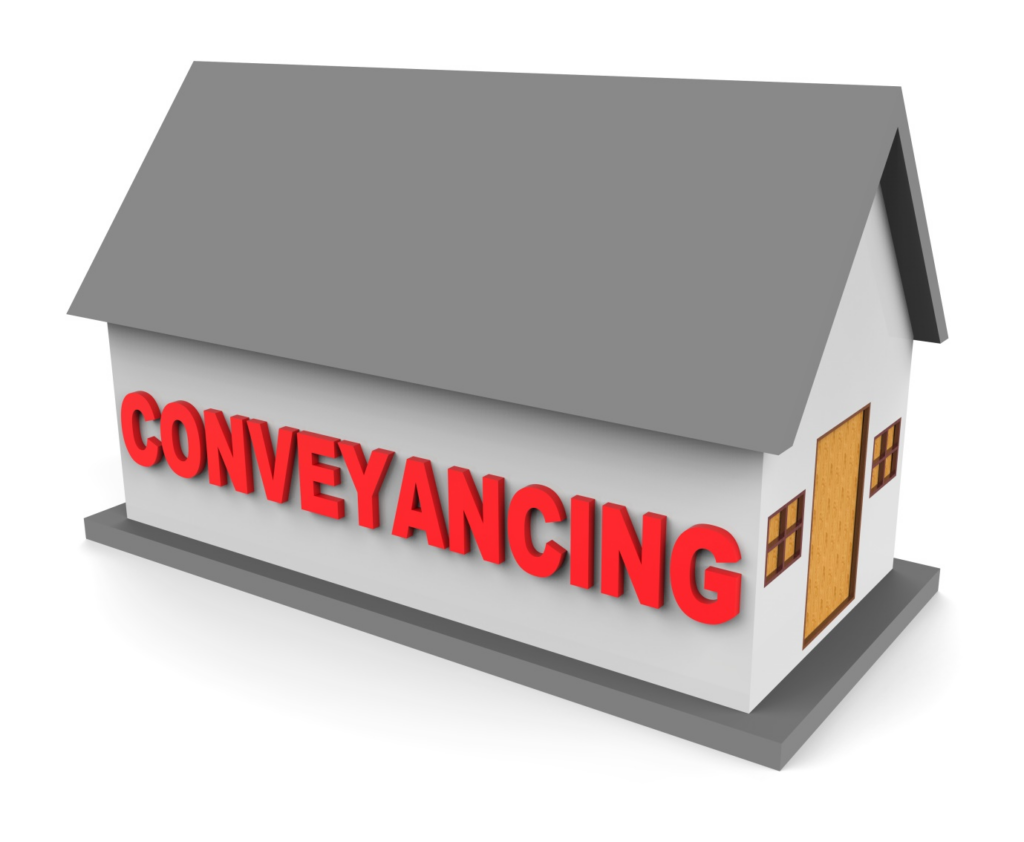Buying or selling a home is not just as simple as handling the keys over. There must be many events that have passed. So first, let us describe what conveyancing is to you before we help buyers find a way through the process.
Conveyancing is the legal process by which a seller can transfer the property ownership to a new buyer. As a legal process, it requires specific terms and conditions to be in place. The goal of the entire process to have a successful run and fulfill all the steps necessary. Below is an outline of the conveyancing process to define the requirements of the conveyancing process.
What is Conveyancing?
According to state laws, the property is transferred from one seller to the buyer in conveyancing. It has its conditions to ensure that all the requirements for approval are met. Meanwhile, the Conveyancing process begins when the buyer has an accepted offer from the seller. And it ends after the buyer gets the keys to the property.

Who executes conveyancing?
The job of conveyancing is saddled upon a professional conveyancer or a conveyancing solicitor. Meanwhile, the person must have the proper license, experience and skill to execute the job. In some cases, you may also want to pick a conveyancer with a background in the property’s locality. On the other hand, suppose you cannot afford a professional conveyancer for one reason or the other. Moreover, you may decide to go the DIY route. At this point, the condition will be to do it without the aid of a mortgage.
How to instruct the conveyancing solicitor
Suppose you choose to use a conveyancing solicitor. In that case, you will need to find the right one to deliver on all expectations. When you do, you should give proper instructions on the plan and how you hope to accomplish the conveyancing process. Sometimes, you may have the real estate agent recommending a conveyancing solicitor. In that case, you should compare the quotes of these conveyancers, their level of skills and experience.
Another discovery you may make is that online conveyancing costs are often lower than regular ones. But then, you also need to understand the introductory price of conveyancing before comparing. While some aspects of the total cost may be fixed as stipulated by the law, the rest may be flexible. The flexible parts may include the cost based on the property price and the conveyancer charges. An online conveyancing firm saves you time and costs more than others.

Now that you have chosen a conveyancer, it is time to work on the contract and its terms and conditions. The terms of the agreement contains the different charges and deposits surrounding the total cost of running conveyancing. At the same time, the buyer’s solicitor will also need to confirm all the instructions you gave have been executed. Meanwhile, the proof or confirmation of the draft contract copy. You may also get the other document details, such as the title and forms.
Legal paperwork processes
After creating the first draft of your conveyancing papers, your solicitor will cross-examine it in line with the state laws. The check will cover the terms of the contract, and every supporting document that goes with it. Meanwhile, this process has to be done with the seller’s solicitor. The seller must also ratify some of the terms and conditions and make necessary submissions. One of the particular forms that you need to examine from the seller is the TA6 form.
After examining all these forms, you should tell the solicitor of any concern or query. Another important feature at this point of the contract is the tenure of your home, which must be intact. Check out this property if it is on a leasehold or a freehold. For properties on a leasehold, there are different conveyancing known as leasehold, which specifies the length of the lease. You can also get clarity on the solicitor’s idea of this type of conveyancing.

Note that leases that are lesser than 80 years can become a real problem over some time. The problem could be that it is difficult to extend the ownership in terms of cost. By the way, you will still have to have owned the property for not less than two years. This period makes you eligible to change the terms of contract. So, generally, home buyers want to avoid leasehold properties with years below 60 to be safe.
Property searches
Apart from the hidden initial qualities of a property, there are many other details you may not know by inspection. Of course, the real estate agents can give you the property’s details through the initial survey about the property’s condition. But when you carry out these searches, you can get more information to ensure no hidden factors. And it doesn’t matter whether its a house, land, or a surrounding environment.
As part of the conveyancing procedure, the professional conveyancer must conduct legal property searches. But the searches are according to the professional recommendation. It may require some level of special purchases or payments to deal with. Besides, the others may be part of the requirement by the mortgage lender that protects him from suffering such liabilities. Some of the common property searches that you need to note include
Local authority searches
Watch out for any plan that may be underway in that locality from the local authority. Check if it involves that property in the purchase. For example, does it affect your new garden or motorway? Is there a radioactive gas emission around or pipeline for any chemical?
Title details
Another side of property searches is the check for title register and title plan at the Land Registry. You need to verify that this search is part of the legal documents. These documents are essential in proving the ownership of the seller. It will take a confirmation of the request of these properties even to proceed to sell it at all.
Flood risk
Many properties ignore the susceptibility of the property to flood. So, it would help if you started checking the flood risk from the Land Registry. This process allows you to get the proper environmental conditions for the property. Consequently, you may not need to pay for these services separately due to the flood information available to you.
Water authority searches
You should also source information on the property’s water system as it connects to the primary source. For example, learn about how the property gets water and how it flows through the public drains. This situation is a factor that may affect the extension, or the building works.
Related: What you need to know about Conveyancing in Australia





